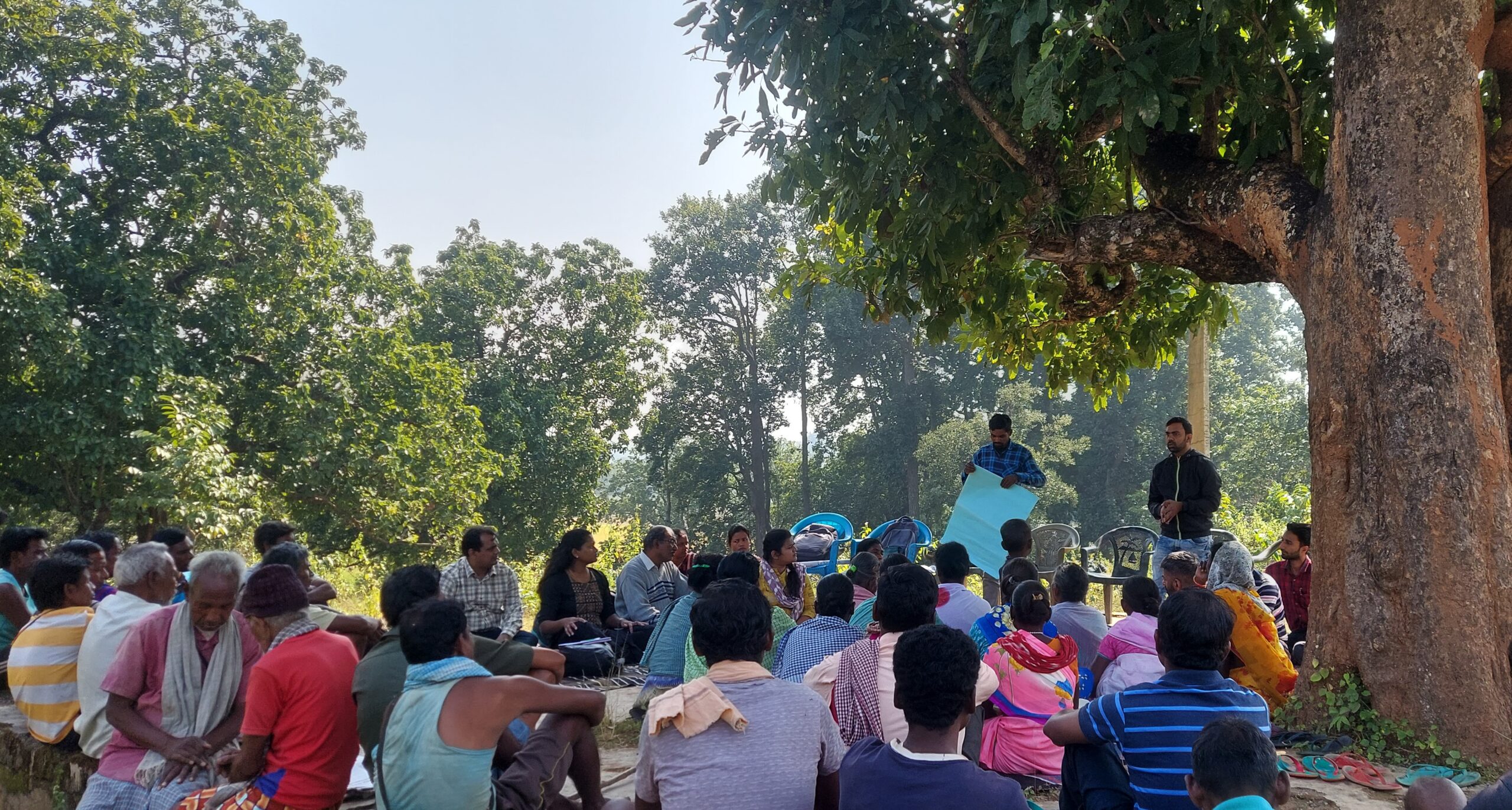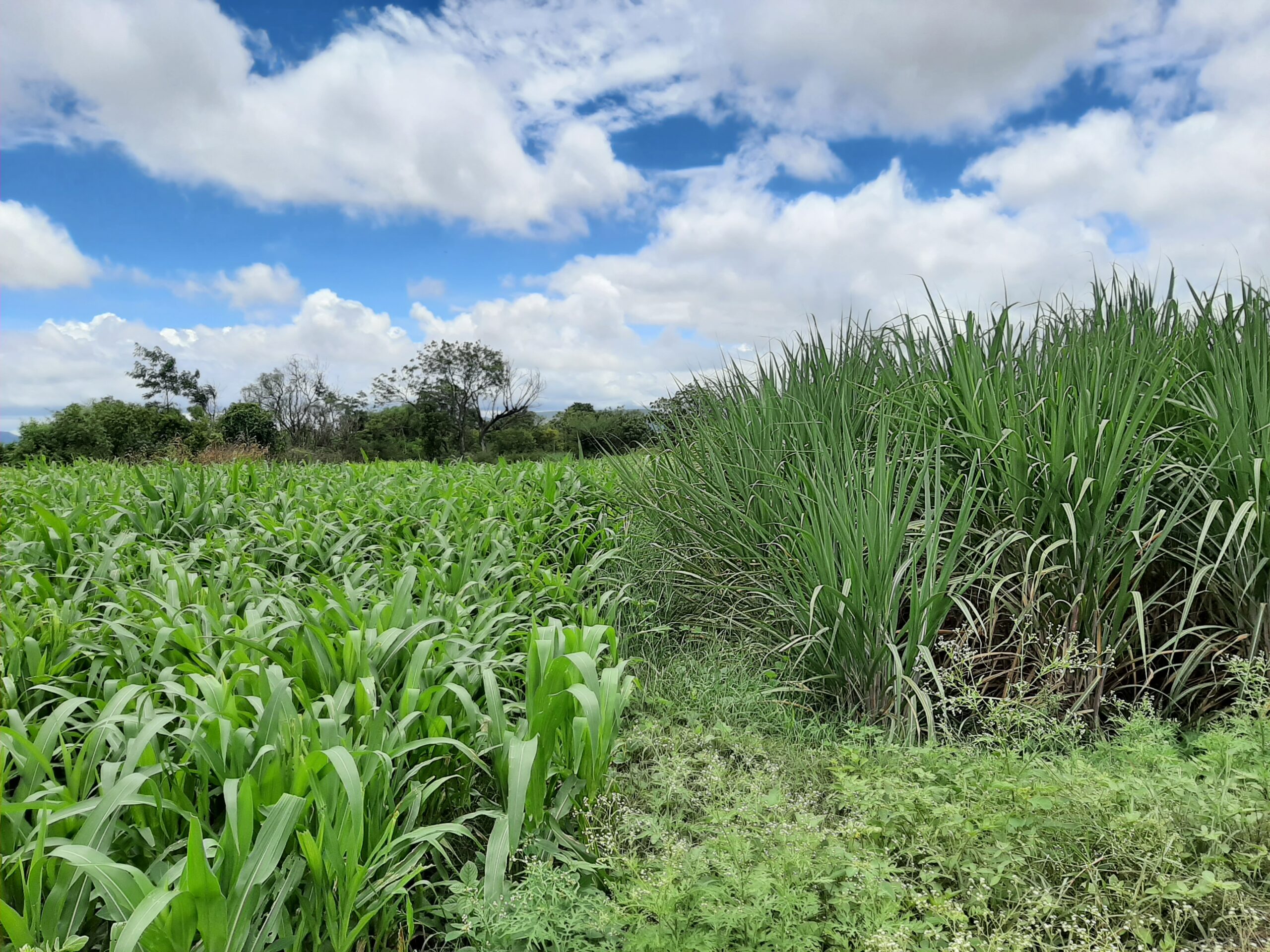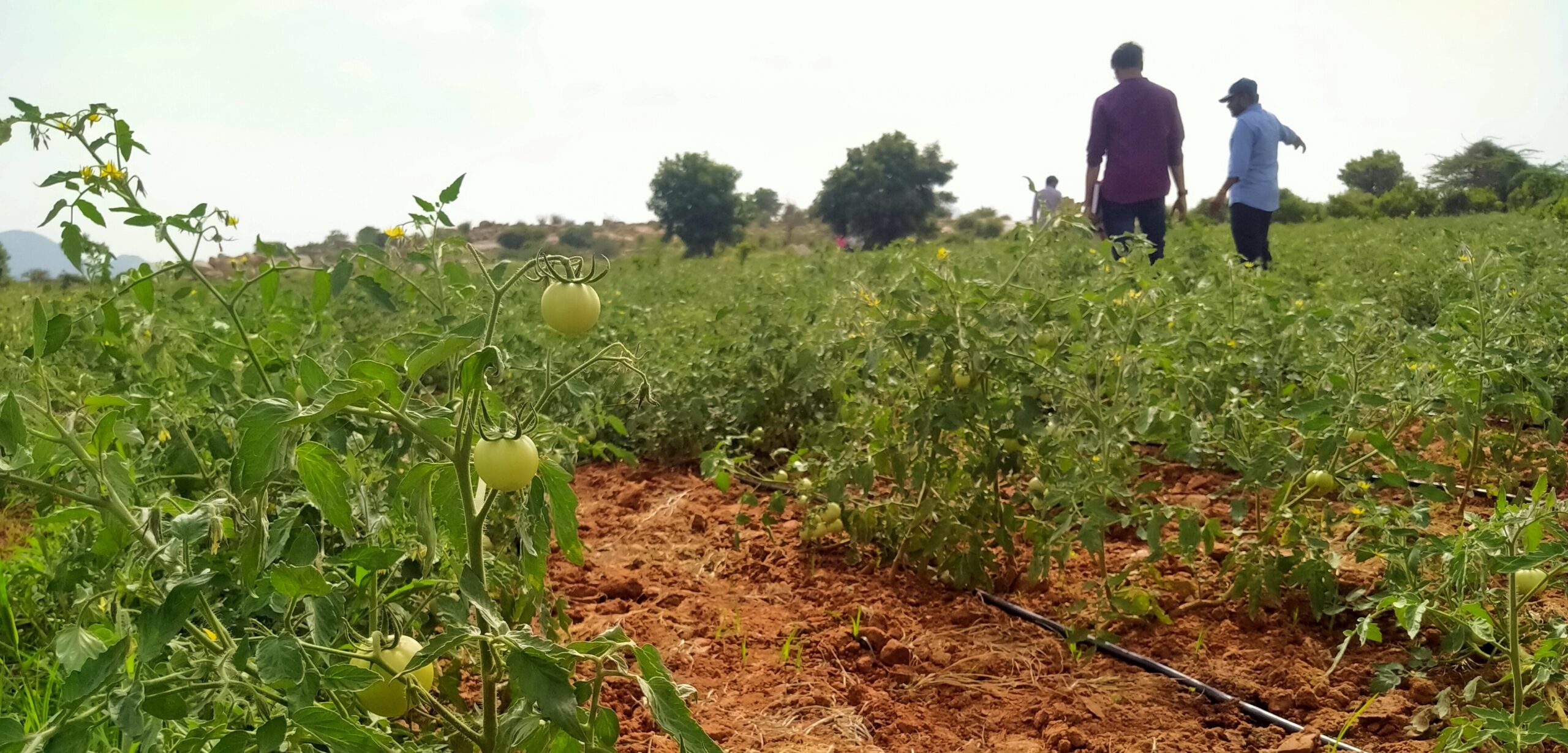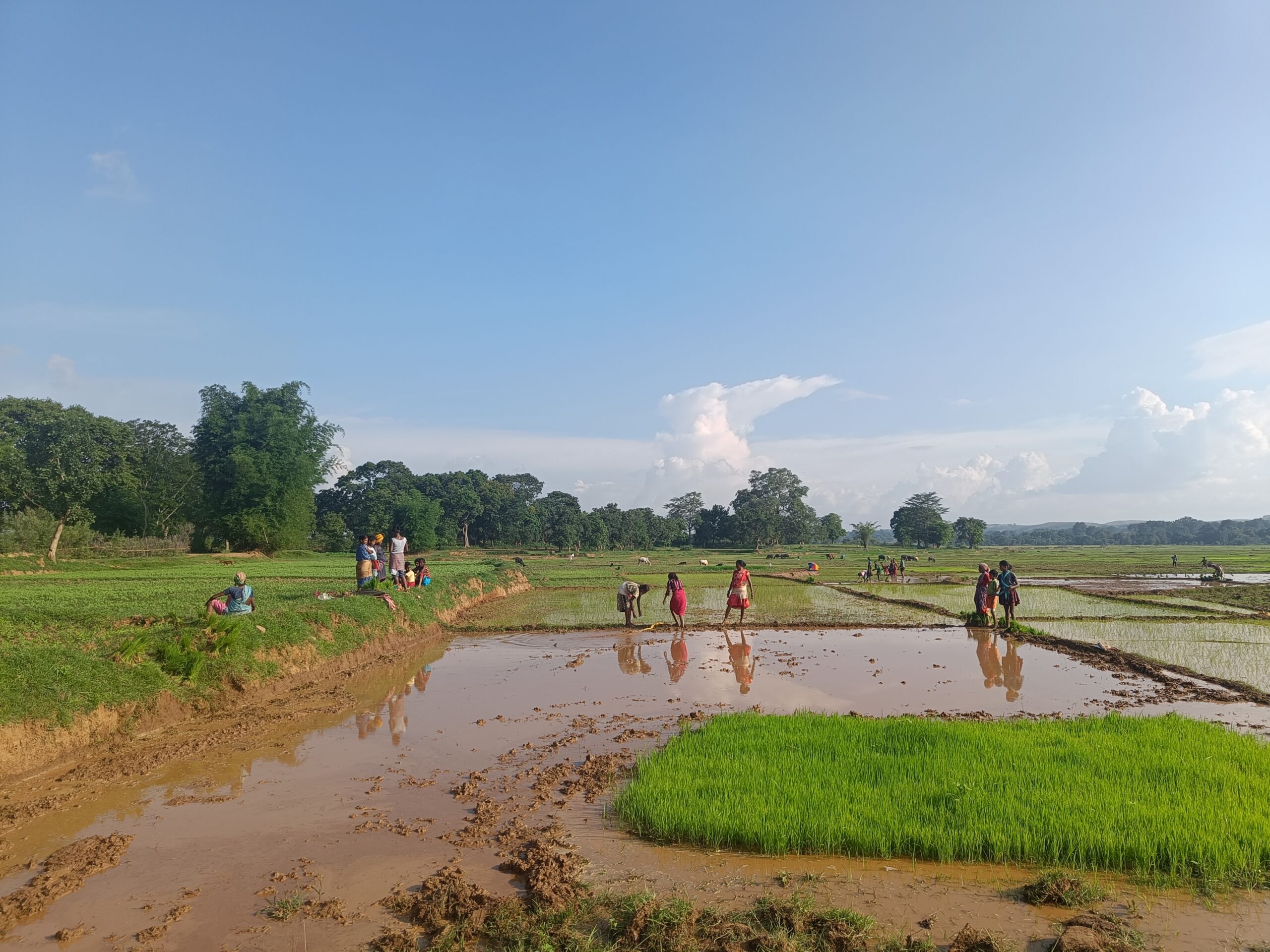Can Playbooks Promote Green Rural Livelihoods? Insights from Conversations With CSOs
What do you understand by the term ‘playbooks’? It appears across sectors – from sports strategies to business lingo – to refer to a set of processes or methods that can fulfil a certain task successfully. At the heart of it, it’s carefully-curated knowledge that allows a successful idea to scale from a single pilot.
Given that so much data and knowledge remain trapped in silos, we understand that playbooks are also critical in terms of rural development. For example, an individual farmer or collective or organisation may have, through multiple iterations, figured out a way to carry out pest management effectively using natural methods. Through this, they were able to reinvigorate degraded landscapes and increase farmer income. Is there a way to disseminate what they’ve learnt to other places facing the same set of challenges?
We use ‘playbooks’ extensively in connection with the Green Rural Livelihoods project we are working on with the Rainmatter Foundation. In this blog post, we describe what we mean by playbooks and how we have been expanding this definition by actively engaging with civil society organisations. First, we needed to clarify a fundamental question – how are CSOs accessing and disseminating information?
Building strong local economies
Under the Green Rural Livelihoods project, we are partnering with other CSOs to understand what villages need to transition to more localised economic units. This means that the village will host a larger part of different value chains and hence retain more profit in the village. This will be beneficial in two ways – it will boost the local economy, and shorten current supply chains to reduce their carbon footprint.
As a step towards this goal, we are creating a digital platform that will host ‘how-to’ guides or playbooks. We also aim to include directories, that people can use to find experts for a service or to host training sessions.
Read | Explainer: How Green Manure Can Help Degraded Farmlands Sustain Themselves
A playbook is typically made by practitioners and can be used by one user to solve one problem or address one need. Topics range from processing raw materials to diversifying rural livelihoods to increase income and decrease vulnerability. As we mentioned above, ‘how to manage pests using natural methods’, can be a playbook for farmers or farmer producer organisations (FPO). A playbook on the same topic can also be made for other users who work directly with farmers to facilitate non-pesticidal management (NPM).
Understanding how CSOs currently access and share information
To see whether playbooks would be useful at all, we first wanted to understand how knowledge is disseminated in this space. We talked to eight CSOs working on rural livelihoods to get a sense of how they:
- Access information about interventions they want to implement but are not familiar with
- Find processes followed by other CSOs that they could replicate
- Disseminate information about solutions they are experts at
- Document their best practices for others who might want to replicate their success
Here are some learnings and insights from these conversations:
Most CSOs in the rural livelihoods space were sceptical of a digital solution without handholding support.
Human interaction is essential. A playbook in any format is truly useful when it’s attached to a training programme. Once a trainer has walked people through a process, a playbook can reduce the need for the continued presence of a trainer in the village. Trainees can refer to the playbook and reach out to the trainer only for issues that the playbook does not address.
Collaborative projects between CSOs is a means of knowledge dissemination.
This works in at least one way, i.e knowledge is transferred from an expert organisation to a novice. Usually, both CSOs learn from each other about the subject itself and they impart subtler soft skills when they collaborate.
Some CSOs said that practitioners are unlikely to read a 100 page report.
The information needs to be repackaged in a more concise and visual format customised for the intended user.
Some CSOs have already created or are in the process of creating playbooks to disseminate knowledge.
Different CSO envision playbooks at different levels of complexity — from a simple ‘Do’s and Don’ts’ brochure and Frequently Answered Questions (FAQs) to more detailed manuals, interactive dashboards and even WhatsApp chatbots.
From our conversations with practitioners and CSOs in this sector, we found that digital knowledge cannot be a replacement for handholding support. However, it can augment the effectiveness of training programmes and enable self-learning.
This led us to our next question: How do different users in this space consume knowledge? In our next blog, we share preliminary findings of our user-testing conversations to identify different formats of knowledge, what purposes they serve and for which users.
Read | We Are Not Investing Enough in Agricultural R&D: Dr. Ashok Gulati at WELL Labs Launch
Edited by Smita Kumar and Kaavya Kumar
Photo by Manjunatha G.
If you would like to collaborate with us outside of this project, write to us. We would love to hear from you.
Follow us and stay updated about our work:






